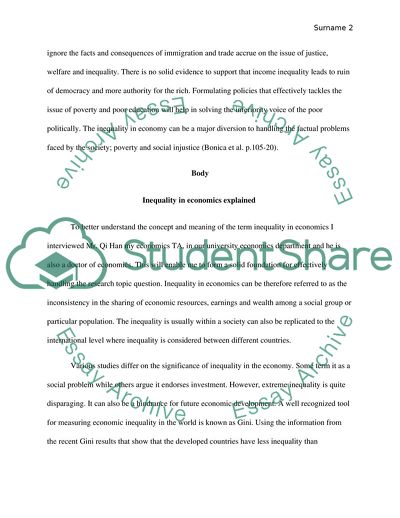Cite this document
(Should We Keep or Eliminate the Inequality in the Economy Research Paper, n.d.)
Should We Keep or Eliminate the Inequality in the Economy Research Paper. Retrieved from https://studentshare.org/macro-microeconomics/1809330-research-paper
Should We Keep or Eliminate the Inequality in the Economy Research Paper. Retrieved from https://studentshare.org/macro-microeconomics/1809330-research-paper
(Should We Keep or Eliminate the Inequality in the Economy Research Paper)
Should We Keep or Eliminate the Inequality in the Economy Research Paper. https://studentshare.org/macro-microeconomics/1809330-research-paper.
Should We Keep or Eliminate the Inequality in the Economy Research Paper. https://studentshare.org/macro-microeconomics/1809330-research-paper.
“Should We Keep or Eliminate the Inequality in the Economy Research Paper”. https://studentshare.org/macro-microeconomics/1809330-research-paper.


